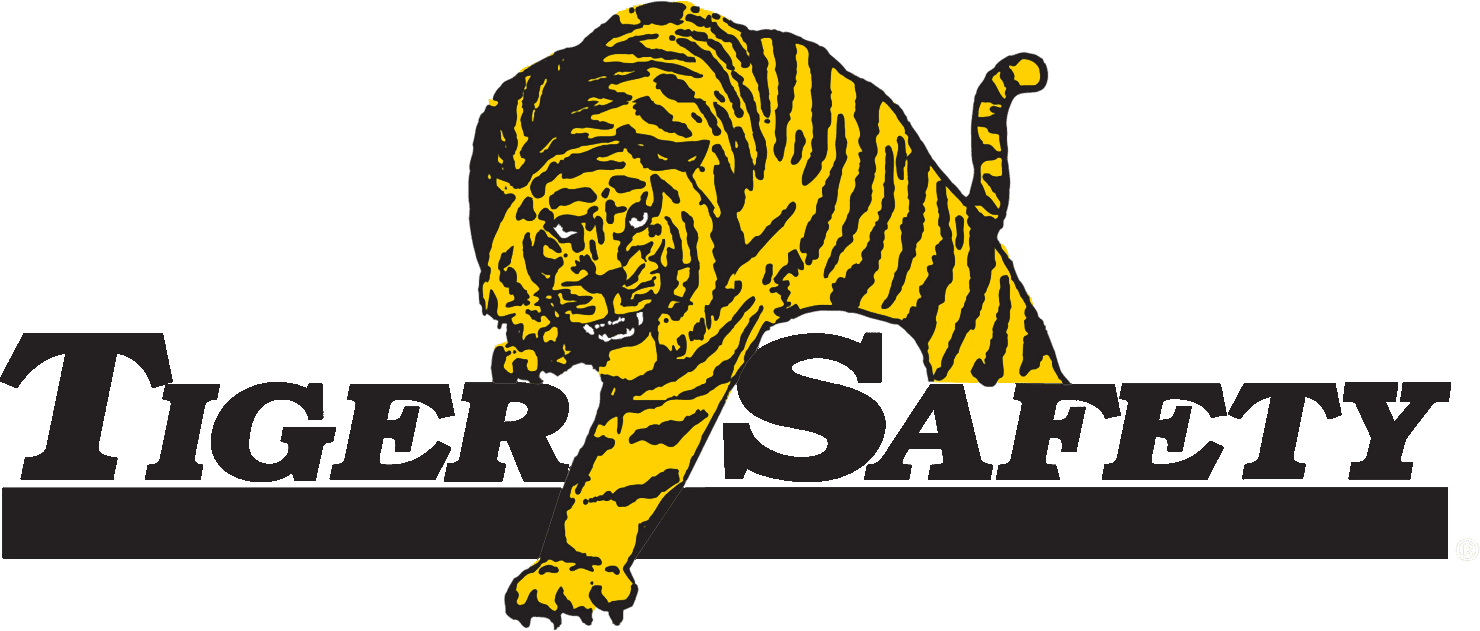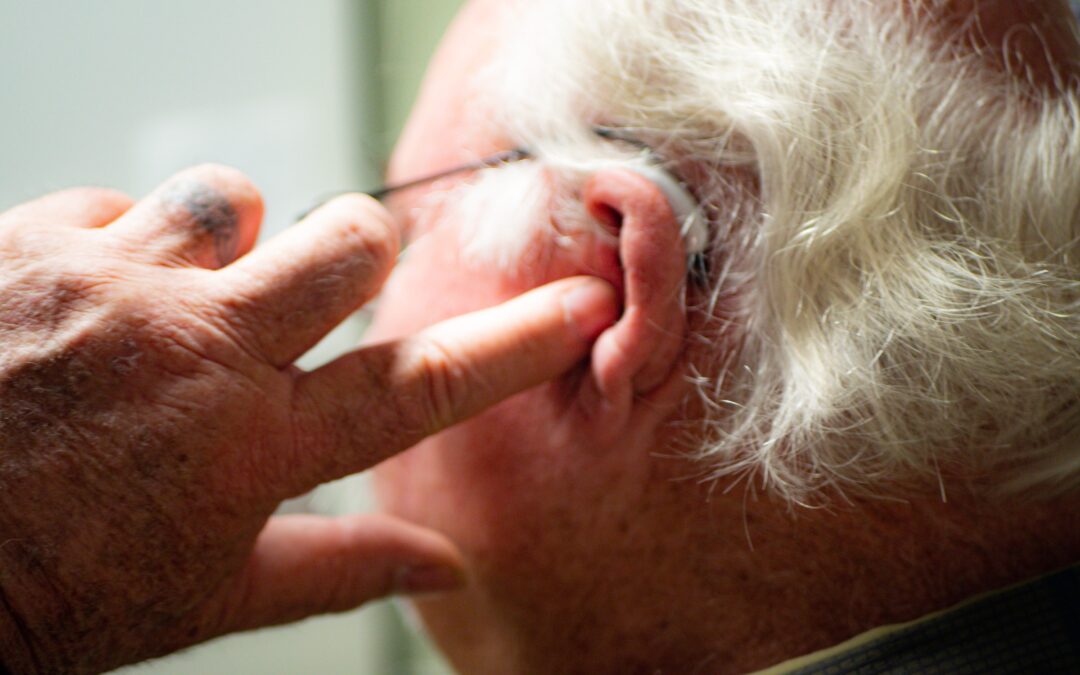Noise-induced hearing loss (NIHL) is a pressing issue for workers in the oil and gas industry, given the high levels of noise generated by equipment and machinery in both onshore and offshore environments. Long-term exposure to excessive noise can significantly impact workers’ hearing capabilities and overall well-being. In this article, we will discuss the importance of implementing hearing conservation programs in the oil and gas industry and demonstrate how Tiger Safety Rentals can support your efforts in protecting your workforce from NIHL.
As a global provider of specialized safety services and equipment, Tiger Safety Rentals is dedicated to addressing the unique challenges faced by oil and gas companies worldwide, with hearing conservation being one such pressing issue. Our comprehensive range of hearing protection equipment, combined with our commitment to ensuring the health and safety of your workforce, makes us the ideal partner for helping you develop and maintain an effective hearing conservation program.
Hearing Conservation Programs: Protecting Workers from Noise-Induced Hearing Loss in the Oil and Gas Industry with Tiger Safety Rentals
Understanding the Dangers of Noise Exposure in the Oil and Gas Industry
Noise exposure is an occupational hazard that often goes overlooked in the oil and gas industry, despite the potential for serious long-term consequences. Some of the dangers associated with excessive noise exposure include:
- Noise-Induced Hearing Loss (NIHL): Prolonged exposure to high noise levels can impair a worker’s hearing sensitivity over time, potentially leading to permanent hearing loss.
- Decreased Communication: Excessive noise levels can hinder verbal communication on-site, increasing the risk of accidents caused by miscommunication among workers.
- Fatigue and Reduced Concentration: Constant exposure to loud noise can lead to worker fatigue and reduced concentration, further increasing the likelihood of workplace accidents.
- Stress and Other Health Effects: Prolonged exposure to high noise levels can cause increased stress, irritability, and may even contribute to hypertension and other cardiovascular issues.
Implementing an Effective Hearing Conservation Program
A successful hearing conservation program combines several components designed to minimize the risks and consequences of noise exposure:
- Noise Assessment and Monitoring: Regularly measure and document the noise levels present at your worksite to identify potential hazards and determine the appropriate hearing protection measures.
- Noise Control Measures: Implement engineering controls, such as noise barriers or equipment modifications, to reduce the overall noise exposure in the workplace.
- Hearing Protection Equipment: Ensure that workers have access to appropriate hearing protection devices, such as earmuffs or earplugs, and are trained in their proper use and maintenance.
- Education and Training: Provide comprehensive education and training on the risks of noise exposure, the importance of hearing protection, and best practices for using hearing protection equipment.
- Regular Hearing Evaluations: Conduct periodic hearing evaluations for workers to monitor their hearing levels and detect any potential auditory deterioration early on.
Choosing the Right Hearing Protection Equipment
Selecting the appropriate hearing protection equipment is crucial to the success of your hearing conservation program. Factors to consider when selecting hearing protection devices include:
- Noise Reduction Rating (NRR): The NRR is a standardized measure of a hearing protection device’s effectiveness in reducing noise exposure. Choose equipment with an adequate NRR to protect workers from the specific noise levels encountered at your worksite.
- Comfort and Fit: Ensure that hearing protection devices fit properly and are comfortable to wear, as discomfort can lead to improper use or removal, ultimately compromising the protection offered.
- Durability and Maintenance: Choose durable hearing protection devices that can withstand the harsh conditions of the oil and gas industry and are easy to clean and maintain.
- Compatibility with Other Personal Protective Equipment (PPE): Select hearing protection equipment that is compatible with other PPE, such as hard hats, safety glasses, or face shields, to ensure comprehensive worker protection.
Partnering with Tiger Safety Rentals for Hearing Conservation Solutions
Tiger Safety Rentals offers an extensive range of products and services designed specifically to address the hearing conservation needs of the oil and gas industry:
- Hearing Protection Equipment: We provide a wide selection of hearing protection devices, including earplugs, earmuffs, and specialized noise-cancellation products, to ensure optimal worker protection based on your unique noise exposure levels.
- Expert Consultation and Support: Our team of experienced professionals is available to assist you in selecting the most suitable hearing protection equipment for your operation, as well as provide guidance on the implementation of an effective hearing conservation program.
- Training and Ongoing Assistance: Tiger Safety Rentals offers comprehensive training and educational resources on hearing conservation best practices, ensuring that your workforce is well-equipped with the knowledge and skills necessary to prevent NIHL.
Conclusion
Implementing a hearing conservation program is essential for protecting the health and safety of workers in the oil and gas industry from the impacts of excessive noise exposure. By understanding the dangers of noise exposure, incorporating various program components, and utilizing the appropriate hearing protection equipment, you can effectively reduce the risks associated with high noise levels.
Partnering with Tiger Safety Rentals provides your operation with access to the specialized safety equipment rental equipment and expert guidance required to develop and maintain a successful hearing conservation program. Contact us today to learn more about our hearing conservation solutions and discover how we can help you protect your workforce from noise-induced hearing loss. Protect your worker’s hearing today and ensure long-term success for your oil and gas operations with Tiger Safety Rentals.

